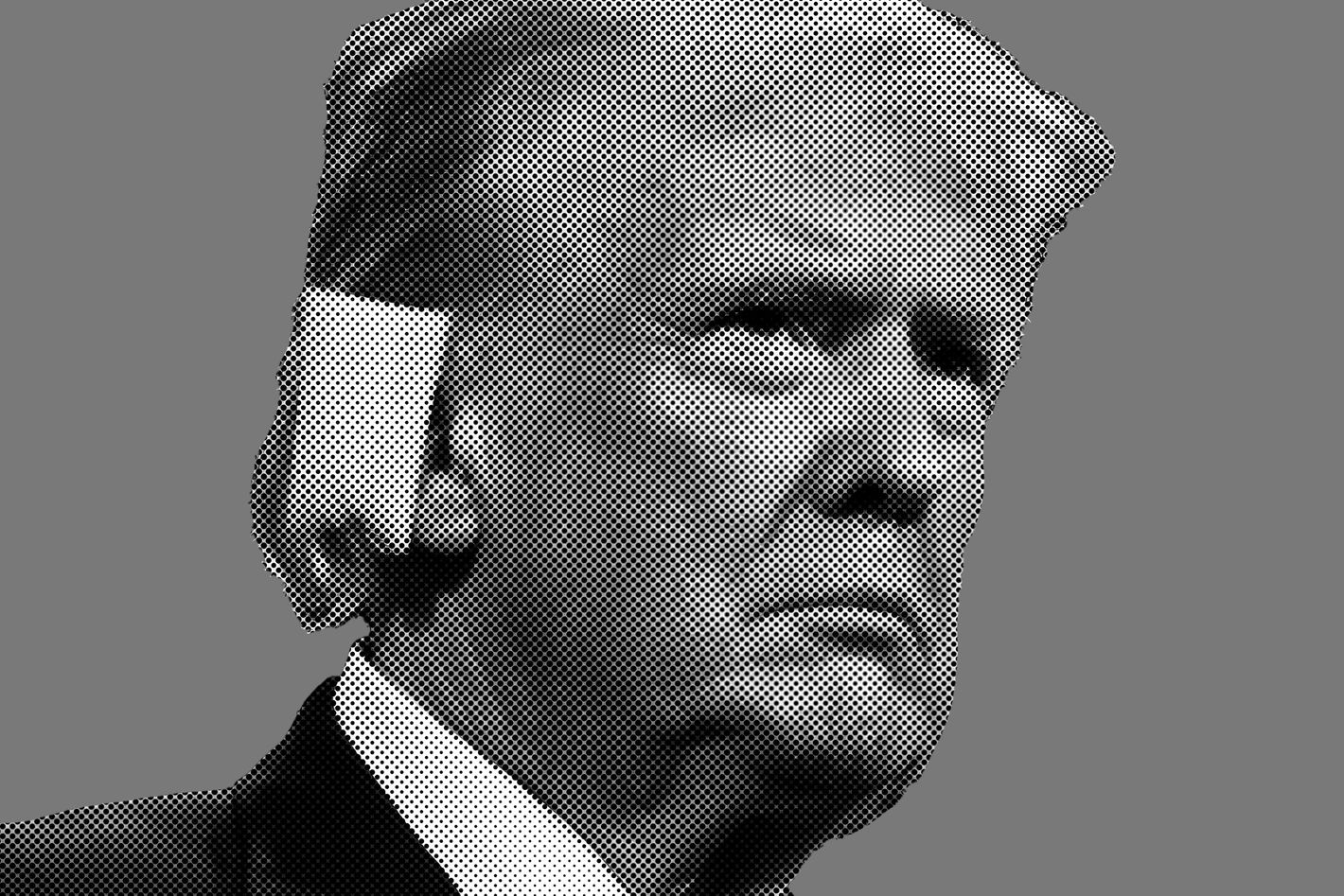Opposing Both Authoritarianism and Assassination Is Not Hypocritical
Conservatives really don’t understand this?

The Democratic Party and progressive intellectuals unambiguously condemned the attempt on Donald Trump’s life. In response to this, conservative intellectuals, perhaps disappointed that they couldn’t hold their adversaries directly responsible for the shooting, began to make an indirect argument. The Democrats are hypocritical for opposing the assassination. If they truly consider Trump a threat to democracy, they should support any steps to stop him, including murder.
This argument may sound so facile that no serious person could possibly propose it. But I promise that numerous conservative analysts — professional commentators, not random social-media users — have made this exact claim.
For instance, take Matt Walsh (“If Trump is really an evil supervillain dictator who wants to destroy our system of government or whatever, then assassinating him would be morally justified”). Or Rich Lowry (“If the idea that Trump is just months away from overthrowing the Constitution and establishing a fascist regime in America is taken seriously and literally, it would justify any means of resistance”).
Or Nate Hochman (“If Trump really was an existential, unprecedented threat to democracy, why wouldn’t any and all means of preventing his rise be justified?”). Or the Washington Free Beacon (“The ultimate dissonance comes from the well wishes of Barack Obama, Bill Clinton, and other pooh-bas of the Democratic Party. “Get well soon, Donald, so you can get back to destroying our democracy!” Either they didn’t actually believe their self-interested talking points about Trump the tyrant or they are coming to the realization that the public doesn’t buy it”).
These are merely examples I happened to stumble across without searching for them. The conservative intelligentsia apparently considers this a clever point.
Obviously, conservatives themselves reject the notion that Trump poses a dangerous threat to democracy. (Their methods range from directly endorsing his coup attempt to whataboutism to sneering at “our democracy” or insisting the U.S. is actually a republic, not a democracy.) Importantly, though, their argument does not rely on denying that Trump poses a threat to democracy. Instead it posits a contradiction within the liberal belief system. Democrats, they propose, can either believe Trump poses a potentially mortal threat to American democracy or believe that gunning him down in cold blood is wrong, but not both.
If this were valid, they would have discovered a horrifying paradox in liberal-democratic thought. If a true authoritarian threatened to win power, small-d democrats would be forced to endorse that candidate’s assassination or else forfeit their credibility.
Luckily, there are convincing replies to this childish taunt.
One answer is that liberal democracy entails a series of important rights and norms in addition to free and fair elections. One of those is a strong norm against political violence. Liberal democracy can survive assassinations, but it can’t survive a regime where parties condone them.
If Democrats endorsed murdering Donald Trump, the conditions for sustaining liberal democracy would quickly unravel. Destroying the system in order to save it is no solution. And so the only possible response to authoritarian politicians is to oppose them democratically.
A second answer is that murdering Trump would not eliminate the authoritarian threat. Trump may be uniquely dangerous, but he could do only so much damage without the cooperation of a willing party apparatus. Republicans partially withheld that cooperation during Trump’s first term, especially during the decisive endgame when Mike Pence blocked Trump’s coup attempt. But they have grown much more willing to cooperate, in part because they have seen, contrary to their expectations at the time, that Republicans who opposed Trump’s most authoritarian maneuvers saw their political futures disappear.
For instance, J.D. Vance, Trump’s vice-president and successor, is deep in the postliberal world and has attacked Pence for failing to support Trump’s coup attempt, urged Trump to simply defy court orders, etc. So there’s little reason to believe killing Trump would save democracy from the right’s efforts to undermine it.
I do think it’s important to understand that democracy and authoritarianism are a continuum, not a binary. Trump is likely to weaken the system’s liberal-democratic character and possibly topple it altogether. But politics would not end with a Trump election. The struggle for liberal democracy would continue under riskier and more dangerous conditions, with an elevated potential for tail-risk scenarios.
If conservatives are unable to understand how anybody can oppose an authoritarian politician without resorting to violence, that says more about their inability to grasp democracy than it does about the objects of their mockery.
